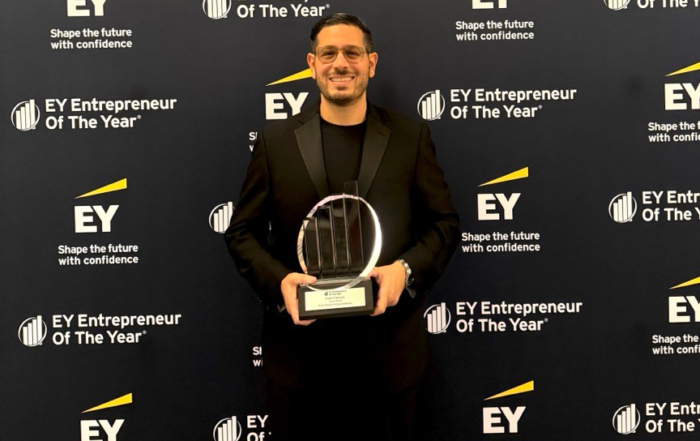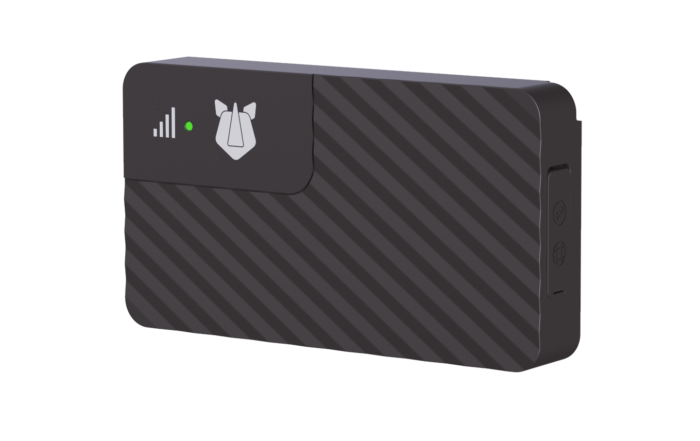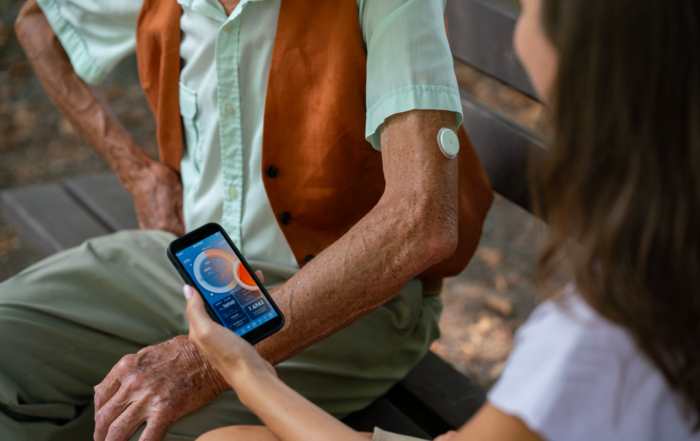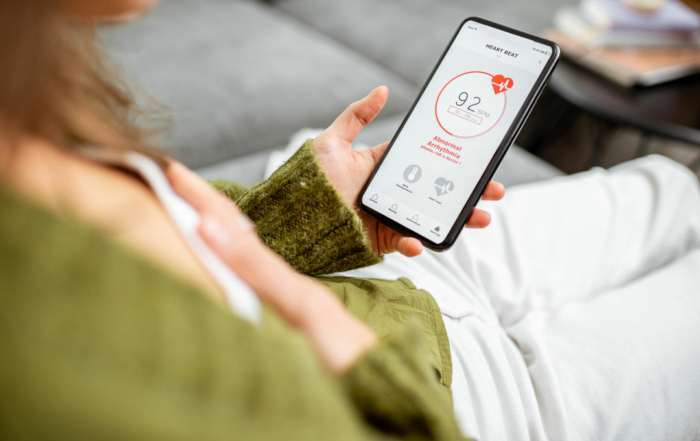Shaping the Future of Secure Work: Joining ATARC’s Working Group
January 29, 2024
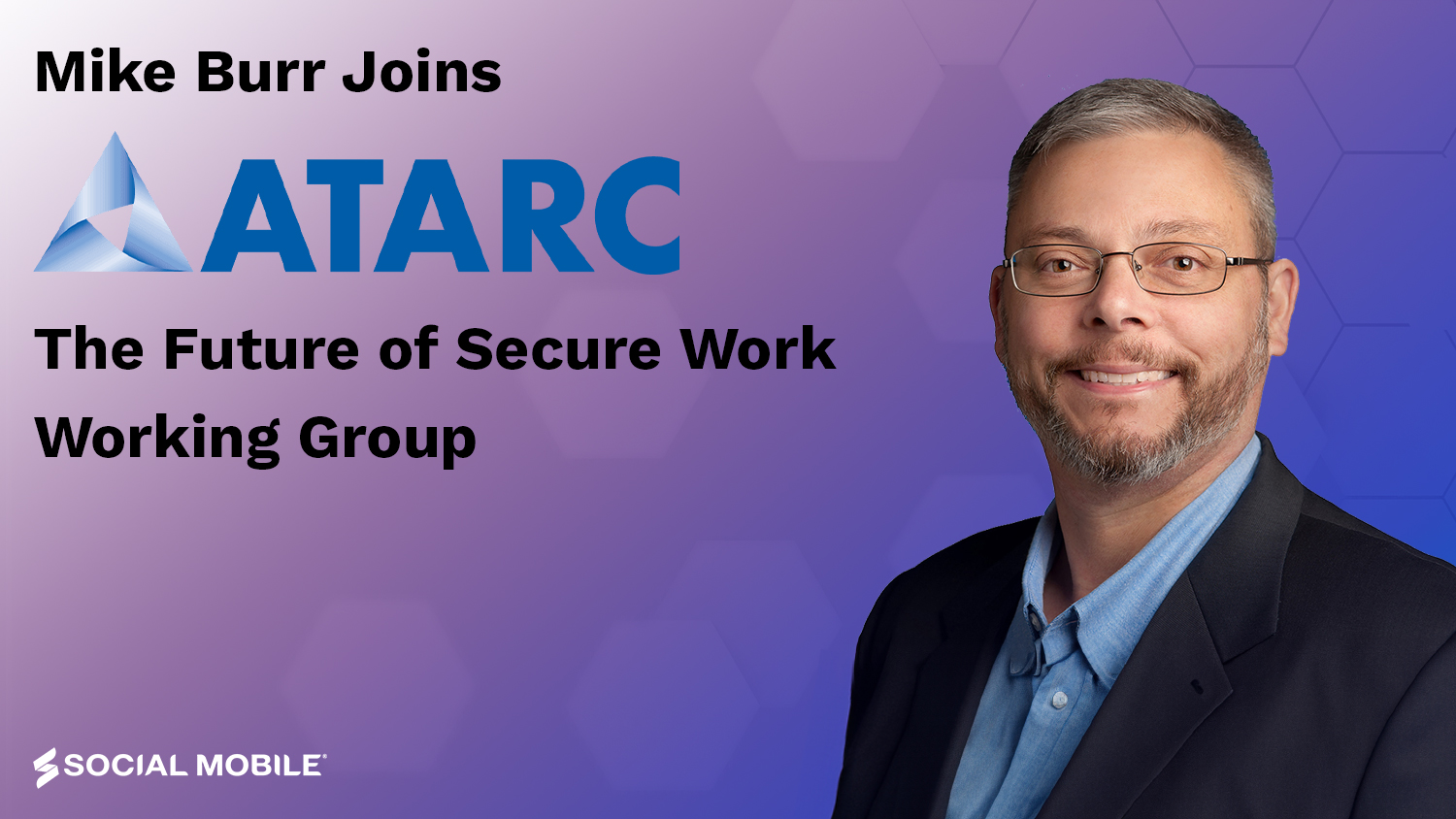
The accelerating pace of digital transformation, coupled with the increasing sophistication of cyber threats, underscores the need to fortify the future of secure work environments. That’s why I’m excited to announce that I’ve joined the Advanced Technology Academic Research Center’s (ATARC) “The Future of Secure Work” Working Group as Industry Vice Chair.
In an era where businesses are embracing remote work and digital connectivity is at the heart of operations, the security of our tech infrastructure has never been more vital. According to a report by Check Point Software, 57% of organizations report that over half of their workforce works from home at least two days a week, with 20% experiencing cybersecurity breaches due to remote work.
ATARC’s Working Group on the Future of Secure Work stands as a beacon for like-minded technology leaders, providing a collaborative platform to address the evolving challenges and opportunities in the realm of cybersecurity.
What is ATARC?
ATARC, a non-profit organization, plays a crucial role in fostering collaboration among government, academia, and industry to tackle emerging technology challenges.
Back in September 2012, ATARC took shape as the Advanced Mobility Academic Research Center (AMARC) in response to the Digital Government Strategy. This initiative, founded by Tom and Bill Suder, initially focused on mobile technology. However, in 2014, recognizing the shifting landscape, AMARC transitioned its focus to Federal IT, leading to a name change to ATARC. This expansion broadened its portfolio to encompass crucial areas like Cybersecurity, DevOps, Data & Analytics, and Health IT.
Over the years, ATARC has actively engaged in collaborative efforts, collaborating with MITRE, a non-profit organization operating federally funded research and development centers in the United States. This partnership has resulted in the publication of white papers and the organization of impactful events like the ATARC Federal IT Summit Series.
One noteworthy collaboration with MITRE involves the System of Trust (SoT), a community initiative aimed at developing and validating a process for integrating evidence of the organizational, technical, and transactional trustworthiness of supply chain elements. This initiative proves invaluable for decision-makers navigating the complexities of supply chain security.
In a significant development in 2023, GovExec acquired ATARC. This strategic move enables ATARC to maintain independence as a division, leveraging its collaborative forums to address emerging tech challenges for government leaders and contractors. This alignment positions ATARC to contribute significantly to the evolving technology landscape in government and industry.
What Does “The Future of Secure Work” Working Group do?
The “Future of Secure Work” working group, an initiative by ATARC, is dedicated to offering practical recommendations to enhance secure and efficient work environments, supported by comprehensive policies. While the working group is chaired by Mark Gorak and its members include myself, Jose Moreno, Heather McMahon, and Elizabeth Wyckoff, it’s important to note that many other influential people contribute to the group’s efforts. The group’s work is not only limited to the official members but also includes other individuals who bring their expertise and experience to the table. This diversity of perspectives and backgrounds is what makes the group’s work so impactful and valuable.
The group’s focus spans across diverse work domains, encompassing traditional Sensitive Compartmented Information Facilities (SCIFs), office spaces, and remote work setups. We actively identify security concerns within these domains, explore the operational and security benefits of mobile evolution, propose technology and policy solutions, and outline tangible steps to shape the future of secure work.
The team of experts is delving into the strategic utilization of mobile devices across various work scenarios, demanding both security and efficiency. We examine use cases such as access to classified information, data capture and sharing, facilitation of remote collaboration, and support for training and education using approved secure mobility solutions. These solutions encompass cutting-edge features such as encryption, biometric authentication, remote wipe, self-destruct, and tamper-proof capabilities.
Navigating the Future of Secure Work: Mobile Security Expertise and Military Collaboration
With a diverse background in leading security initiatives, I am eager to contribute meaningfully to the mission of the Future of Secure Work Working Group. At Google, I played a pivotal role in developing the Security Technical Implementation Guide (STIG) for the Android OS. This involved not only crafting security guidelines but also ensuring compliance with DISA standards to help meet the National Information Assurance Partnership (NIAP) certification of Google’s own Pixel devices.
My experience navigating the intricate landscape of mobile device security, with a focus on the federal government sector, was further honed during my participation in the ATARC FISMA working group.
Collaborating on the security of mobile devices, the Android platform, and the modern management and deployment of devices, we played a crucial role in providing input for various Special Publications with NIST and NCCoE.
Currently, at Social Mobile, we are engaged in a groundbreaking project with the U.S. Department of Defense under the Small Business Innovation Research (SBIR) program. Having secured both Phase I and Phase II contracts from the U.S. Air Force, our focus is on building a next-generation 5G mobile solution. Working closely with the Air Force Special Operations Command (AFSOC), we are designing and delivering a handheld and chest-mountable End User Device (EUD) that leverages Android Enterprise, adhering to military-grade specifications.
By joining ATARC’s working group, I am looking forward to bringing these experiences and insights to the table and contributing to the collective effort to shape the future of secure work environments.
Elevating Security Standards: Mike’s Impact and Social Mobile’s Future in Secure Mobility
Joining ATARC’s “Future of Secure Work” working group reflects a commitment to influencing mobile device best practices in government settings. Leveraging our expertise, we are shaping future standards for secure mobile device usage in sensitive environments. Notably, our projects, like the collaboration with the U.S. Air Force, underscore our dedication to advancing technology that adheres to the highest security and efficiency standards. My appointment to the working group symbolizes a professional milestone and highlights Social Mobile’s unwavering dedication to innovation and security in enterprise mobility.
Together with the working group, we strive to define the future landscape of secure work, making a lasting impact on policies, practices, and standards in the federal government and beyond.
Latest Articles
GET A QUOTE.
Let’s start designing your custom enterprise mobility solution.
